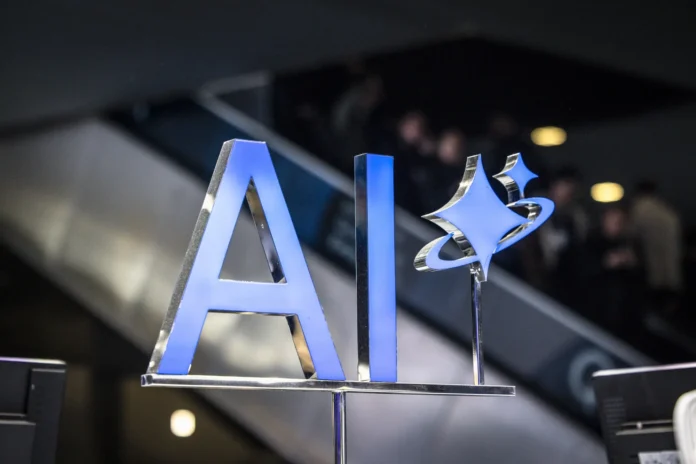AI market anxiety is rising as investors and startup founders react to growing concerns about a potential bubble. Market volatility and mixed earnings reports have fueled uncertainty in the artificial intelligence sector. Industry leaders are weighing whether the rapid expansion is sustainable or signals an overheated market.
Famed short-seller Michael Burry recently expressed doubts about the long-term viability of AI earnings. Investors are also concerned about the increasing levels of debt financing infrastructure projects. Meanwhile, once high-flying companies like CoreWeave have fallen sharply following disappointing guidance. These developments underscore the growing AI market anxiety.
Amjad Masad, founder and CEO of AI coding platform Replit, acknowledged a slowdown in the hype surrounding AI tools. He noted that early excitement earlier in the year had led many companies to overestimate growth. “A lot of companies were publishing their annualized recurring revenue figures every week, and now they’re not,” Masad said. He described the cooling as a natural correction in the AI market.
In contrast, Navrina Singh, founder and CEO of Credo AI, emphasized that the sector’s fundamentals remain strong. Her company focuses on AI oversight and risk management for enterprises. Singh argued that AI is already a key growth driver for businesses, and the need for investment in governance, energy, and infrastructure remains critical. She said AI market anxiety does not reflect the sector’s long-term potential.
Analysts suggest the AI sector faces a mixed landscape. Some investors are reevaluating valuations and expected returns, while others continue funding growth and innovation. Increased regulatory scrutiny and infrastructure costs add complexity. Yet, many experts believe AI adoption will continue to accelerate across industries.
The contrasting views highlight a sector in transition. Investors must balance excitement over AI capabilities with caution about financial sustainability. Startups may need to adjust growth expectations, improve operational efficiency, and focus on practical deployment.
Looking ahead, experts expect continued volatility but long-term growth in AI. Companies that invest wisely in talent, infrastructure, and governance may emerge as leaders. While AI market anxiety persists, the technology’s impact on business productivity and innovation appears poised to expand.
For more business updates, visit DC Brief.


